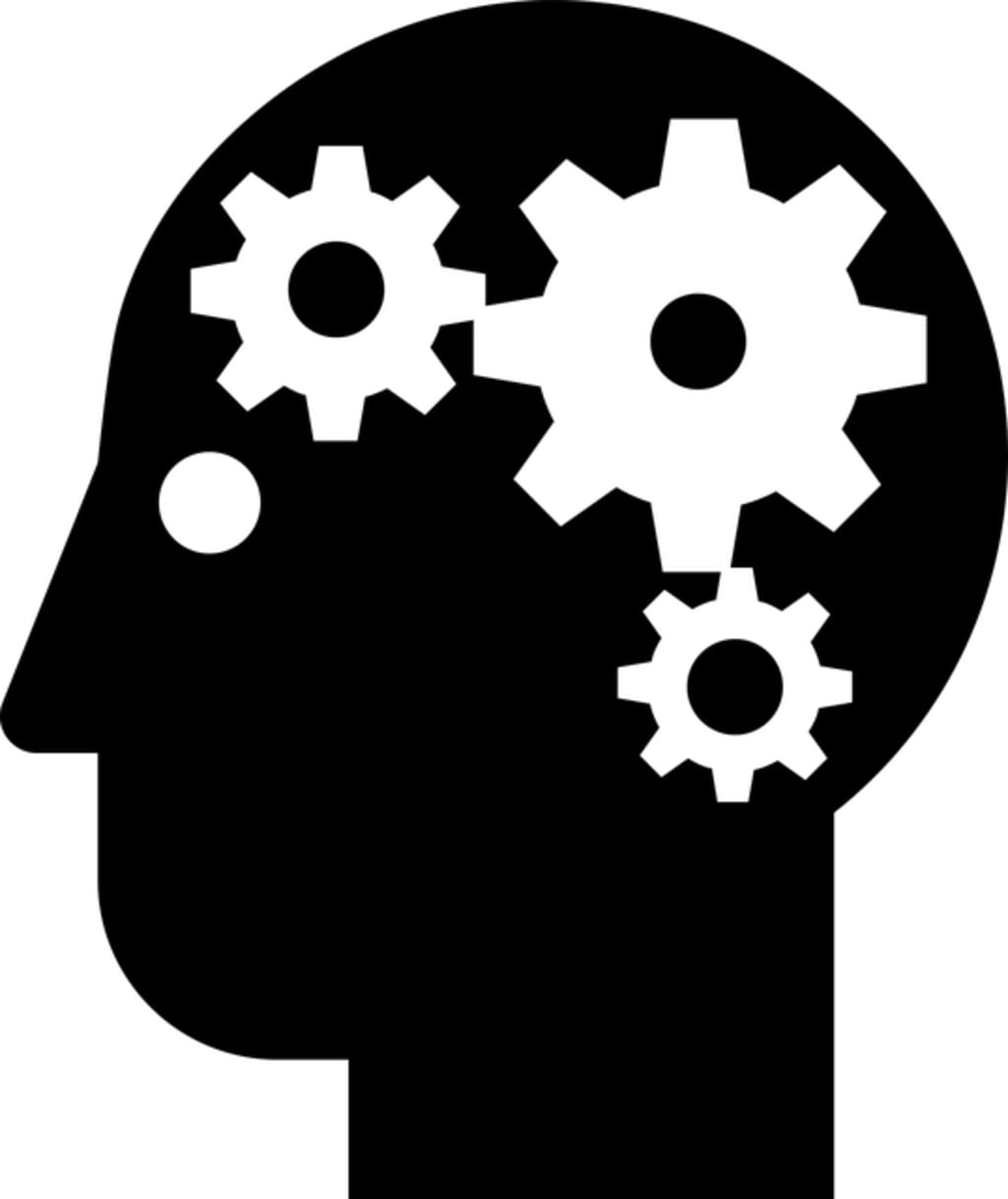Breaking the stigma
The Importance of mental health Awareness

Introduction:
Mental health is an integral part of our overall well-being, yet for far too long, it has been shrouded in stigma and misconception. Breaking down the barriers associated with mental health is crucial to foster understanding, compassion, and access to care. This article explores the importance of mental health awareness, highlighting the need to dismantle stigmas and prioritize mental well-being in our communities.
Understanding the Impact of Stigma:
Stigma surrounding mental health creates a culture of silence and shame, preventing individuals from seeking the help they need. It perpetuates discrimination, misunderstanding, and fear. The consequences of stigma extend beyond individual experiences and affect society as a whole. Breaking the stigma is essential to eliminate the barriers that hinder people from accessing mental health support and services.
Recognizing the Prevalence:
Mental health issues affect a significant portion of the global population, cutting across demographics. According to the World Health Organization, around 1 in 4 people will experience a mental health disorder at some point in their lives. By acknowledging the prevalence of mental health challenges, we normalize the conversation around them and create an environment that supports open dialogue and understanding.
Promoting Mental Health Awareness:
a. Education and Information: Raising awareness about mental health disorders, their symptoms, and available treatments is crucial. Educational institutions, workplaces, and communities can provide resources and initiatives to empower individuals to recognize signs of mental health issues and seek appropriate support.
Encouraging Open Conversations: Fostering an environment where people feel comfortable discussing their mental health is vital. By encouraging open conversations, we reduce the stigma associated with mental health and allow individuals to share their experiences without fear of judgment. Honest discussions create space for empathy, understanding, and support.
c. Media Representation: Media plays a significant role in shaping societal perceptions. Promoting accurate and empathetic portrayals of mental health in movies, television shows, and other forms of media helps reduce stigmatization and fosters understanding. Responsible media representation can challenge stereotypes and promote positive narratives around mental health.
Supportive Policies and Legislation: Governments and organizations have a role to play in prioritizing mental health by implementing policies that support mental health awareness, increase access to mental health services, and protect the rights of individuals with mental health conditions. Legislation that supports mental health parity ensures that mental health is treated on par with physical health in terms of insurance coverage and accessibility.
Empathy and Compassion:
Empathy and compassion are essential in promoting mental health awareness. By cultivating an understanding of mental health challenges, we can support individuals in their journeys towards healing. Listening without judgment, offering a helping hand, and educating ourselves about mental health are crucial steps towards creating a more compassionate society.
Seeking Professional Help:
Encouraging individuals to seek professional help for their mental health is paramount. Mental health professionals, such as psychologists and therapists, are trained to provide diagnosis, treatment, and support. Normalizing the act of seeking therapy or counseling reduces stigma and encourages individuals to prioritize their mental well-being.
Creating Supportive Communities:
Communities play a crucial role in supporting mental health awareness. Creating safe spaces, support groups, and community initiatives that focus on mental health promotes connection, understanding, and solidarity. These spaces provide platforms for individuals to share their experiences, seek guidance, and find comfort in knowing they are not alone.
Conclusion:
Breaking the stigma surrounding mental health is an ongoing journey that requires collective effort and a commitment to change. By prioritizing mental health awareness, we can create a society that values mental well-being, treats mental health on par with physical health, and offers support to individuals facing mental health challenges. Let us work together to break the silence, foster understanding,
About the Creator
Enjoyed the story? Support the Creator.
Subscribe for free to receive all their stories in your feed. You could also pledge your support or give them a one-off tip, letting them know you appreciate their work.





Comments
There are no comments for this story
Be the first to respond and start the conversation.